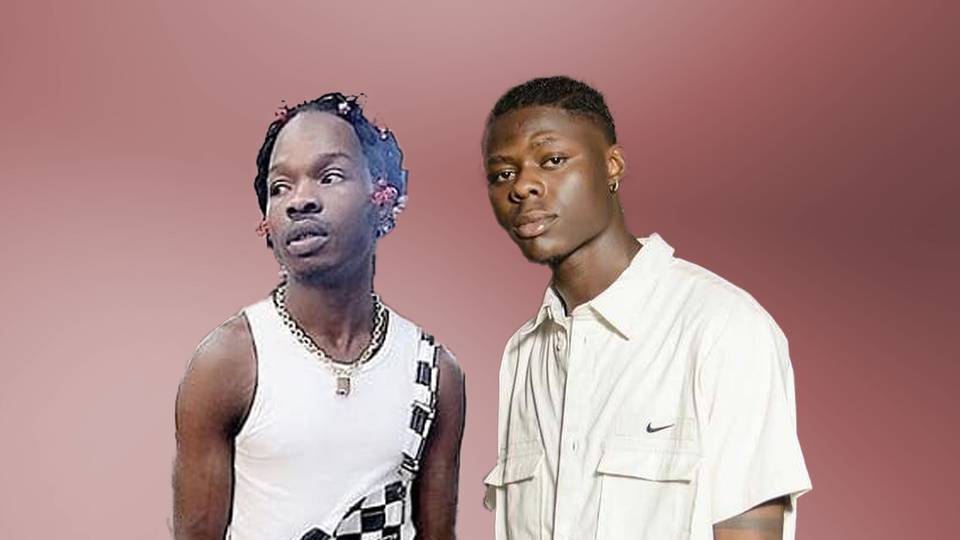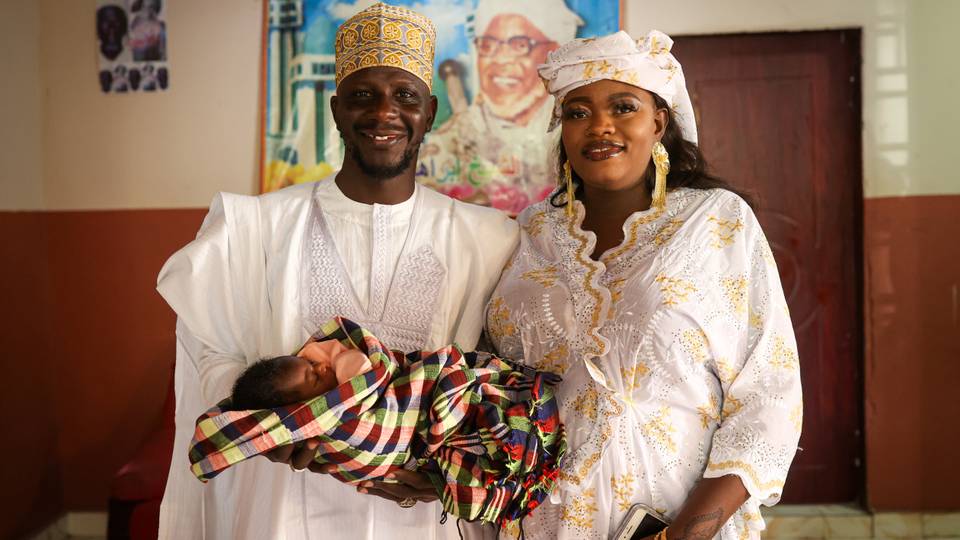Sport
Dollar
38,2552
0.34 %Euro
43,8333
0.15 %Gram Gold
4.076,2000
0.31 %Quarter Gold
6.772,5700
0.78 %Silver
39,9100
0.36 %Tshivenda, among several indigenous African languages listed among low-resourced languages, has found an ardent advocate in a young author who writes in her native tongue instead of English, to keep the legacy alive for future generations.

By Mazhun Idris
Ngũgĩ wa Thiong'o, the Kenyan author, academician and arbiter of postcolonial thought, belongs to a rare niche of acclaimed wordsmiths to have built a reputation writing in English, before ditching the language to embrace his roots, as it were.
At a 2017 lecture hosted by the University of the Witwatersrand in Johannesburg, Thiong'o declared to the audience, "Pamper European languages; pauperise African languages."
As someone who now writes almost exclusively in his native Gikũyũ tongue, Thiong'o is admittedly "making it cool and clever to know an African language".
The idea, he says, is to ensure that Africa "uses English instead of English using us", although he doesn't advocate wholesale dumping of colonial tongues by African writers.
Mashudu Ravele, a young woman author from Vhembe district in Limpopo province of northeastern South Africa, is among those plying her trade the Thiong'o way.
The 22-year-old writes and publishes in Tshivenda, also known as Venda or Luvenda and counted among a dozen official languages of South Africa.
"All I am doing is to help preserve Tshivenda and leave a legacy for the future generation," Mashudu, who has authored two books, tells TRT Afrika.
"A lot of African writers have shifted to English. I chose to write in Tshivenda because I don't want our language to die out," she says.

Starting young
Mashudu, born and raised in Mbilwi Sibasa township, has a diploma in journalism and is currently a sophomore in communication science at the University of South Africa.
Her two published works are a compilation of poems titled Tshisima Tsha Dora (Stream to My Thirst, 2020) and the novel Ndi Vhudza Nnyi (Who Do I Tell, 2022), which received a nomination for "Best Tshivenda Book" at The Book Behind Awards event in South Africa.
Mashudu began writing when she was still in primary school, representing her institution in various competitions and winning accolades for her talent.
"During high school, I wrote short stories but did not consider publishing them. I slowly began to envision publishing, and at 18 years, I published Tshisima Tsha Dora to launch my journey as an author," she tells TRT Afrika.
Driven by her love for Tshivenda, Mashudu proudly identifies as an indigenous author. Her passion for the indigenous language powers her talent for storytelling, inspiring her journey as a young author seeking to build a niche.
Mashudu's works have been included by the South African department of education on its official vernacular reading list. Both books are also showcased at nine Rosebank College libraries in the country.

Larger mission
Tshivenda has below a million speakers spread across South Africa, Mozambique and Zimbabwe.
Mashudu worries that the language is "getting relegated" in order of preference even among native speakers, most of whom opt for English as their first choice especially when writing.
"Although the origins of the language are in neighbouring Zimbabwe, indigenous speakers of Tshivenda are concentrated in the northern parts of Limpopo province along with pockets from Pretoria to Johannesburg," she points out.
Using storytelling as her dialectical turf, Mashudu promotes Tshivenda in a manner that adds to young readers' vocabulary.
She believes the challenges in an author's life are made worthwhile by the mission one chooses to pursue.
"My goal is to see Africans embracing their native languages in writing, reading and developing ideas – all for the sake of our future generations. Everyone must not be into English," says Mashudu.
➤Click here to follow our WhatsApp channel for more stories.
Comments
No comments Yet




















Comment